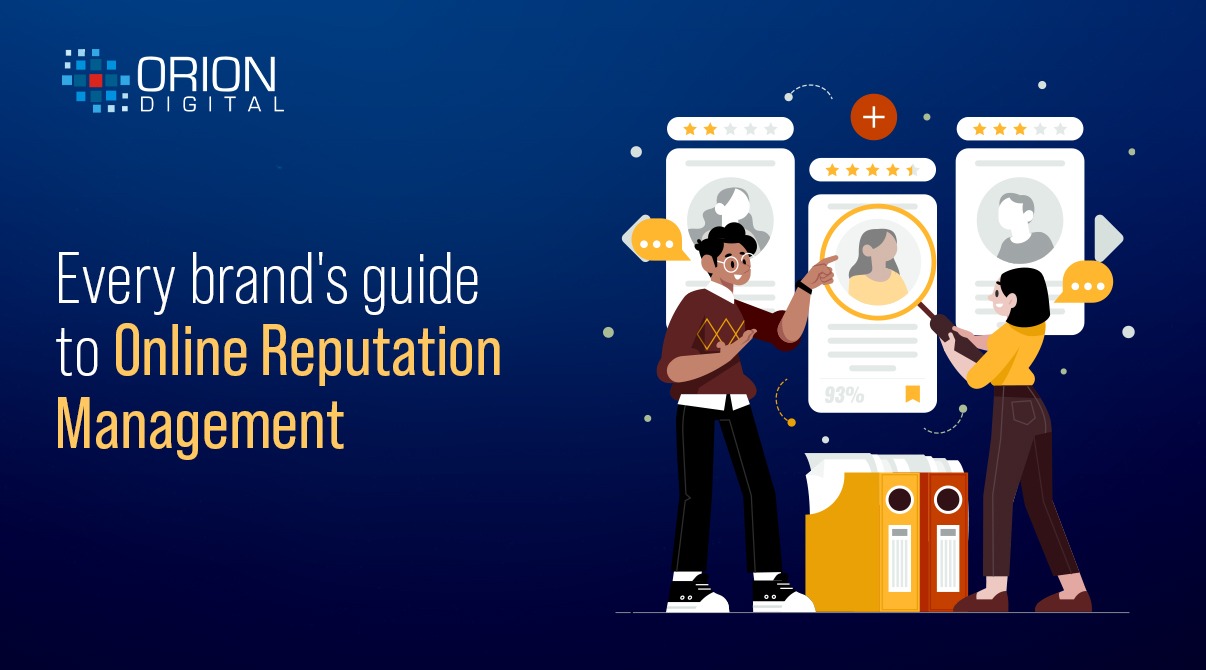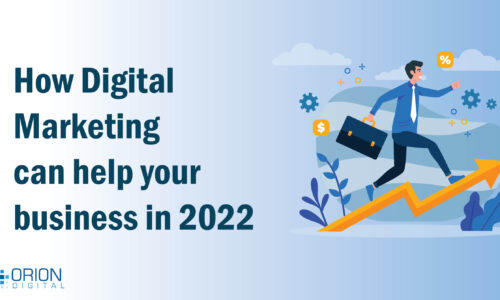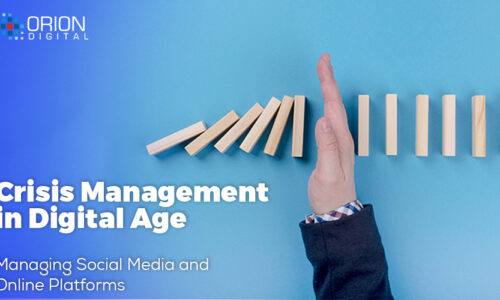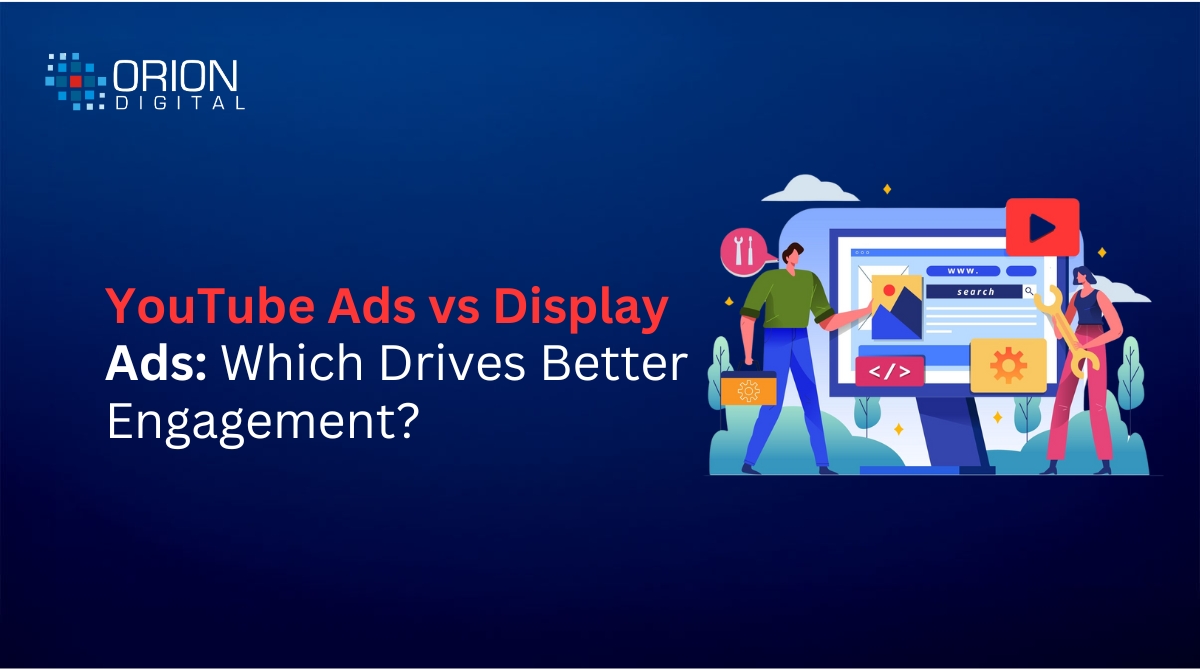
Every brand’s guide to Online Reputation Management
- Naveen N
- November 5, 2024
- Online Reputatipn Management
- Digital Marketing, online reputation management, ORM agency
- 0 Comments
Online Reputation management is the practice of controlling and managing public opinion for an individual, organisation, or brand. Originally a part of public relations, the practice developed with the time when consumers heard about brands through advertisements, media stories, or word-of-mouth recommendations.
Now, online reputation management in Mumbai has become more critical than ever for any brand. A marred digital image can take a toll. While social media is an extremely powerful channel to connect with your audience, it also holds the potential to create negative publicity against your brand or you blow up overnight.
Through this blog, we offer every brand’s guide to Online Reputation Management and show how they can enhance their reputation online.
Why is ORM necessary for every brand?
The digital marketplace is crowded today, and businesses rely on trust and faithfulness rather than just sales. This is where ORM comes into the picture and becomes essential. ORM collects information about the brand’s impression and provides ways to handle negative reviews online.
While this is important in dealing with negative reviews, ORM serves as a more critical function for the brands to make it appear that they care for what the customer says about the brand.
Essentials of an Effective Online Reputation Management Strategy
Maintaining a positive presence online for a brand includes various essentials and elements. Some elements include crisis management, monitoring online presence and strategies to enhance brand image. Some practical aspects of every brand’s guide to Online Reputation Management are explained below.
Monitoring Online Presence
Checking about your presence online will always help you address issues very early and handle the problem proactively. For instance, setting up Google Alerts will send you e-mails relating to specific words or topics about your business.
Customers’ complaints are among the top recommendations and should be monitored closely. Ignoring them may make them grow into more significant issues later.
Your social media profiles are very powerful tools too that helps with online reputation management across the internet. Apart from using Facebook to advertise your products, you can also use social listening to pick up on concerns about the consumption of your products and reach a potential solution to address these concerns as soon as possible.
Strategies to enhance brand image
Strategies to enhance brand image are yet another essential element. Positive social media interactions, properly managing and responding to feedback to inculcate loyalty and trust with the audience and mitigation strategies to respond to negative reviews are crucial points to remember while strategising brand image enhancement.
Handling and responding to negative reviews is a challenging task for any brand. However, brands must remember to take a proactive rather than reactive approach while handling unfavourable reviews.
Crisis Management
Another important aspect of an effective ORM strategy is a smart plan to respond to any crisis efficiently. Mitigation strategies are also a part of crisis management. These includes ascertaining the origin of the crisis, taking necessary actions to respond adequately, and finally repairing damage to your reputation on the internet through specific interventions.
ORM Mistakes to Avoid
When it comes to Online Reputation Management, knowing the mistakes to avoid is very important. Avoid the below mistakes to maintain your reputation online.
- Don’t get tempted to post fake reviews.
These days, customers rely heavily on online reviews before buying a product or service. It is tempting to post fake reviews. However, counterfeit reviews are one of the most non-promising options. The outcome of fake reviews does not always turn out to be positive and can sometimes provoke backlash. Moreover, it also misleads the customers, which can be fatal for the brand in the future.
- Do not ignore negative reviews.
Ignorance is bliss, but not when it comes to negative reviews. Not addressing negative reviews is not a healthy practice for a brand. Ignoring the criticism may worsen the situation and damage your brand reputation. However, if handled well, negative reviews can be opportunities for enhancement and development.
- Not maintaining social media pages and websites.
Needless to say, one of the most basic needs of ORM is maintaining the brand’s presence online through its websites and social media handles. Failing to update your website or social media profiles creates an impression that you are not actively involved with your audience or are not legitimate.
Conclusion
Thus, every brand needs online reputation management to climb up the charts online. Critical feedback monitoring, engagement with customers, and dread of losing face are necessary to be handled in such a way that helps with creating audience trust and loyalty. It helps handle crises and turns around unfavourable experiences into opportunities for change.
Ultimately, giving your ORM support to your brand will help you with the respect it deserves and will support you with improved credibility and long-term success in today’s ever-competitive market. By embracing ORM as an obligation, brands will have the opportunity to sustain a positive image coupled with further relationships with their customers.




